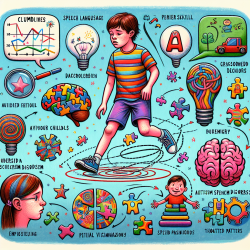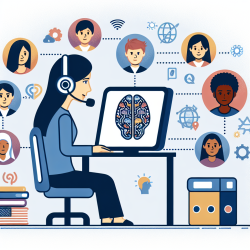Poor motor skills in childhood can significantly impact social interactions and increase the risk of peer victimization. This blog explores the findings from the research article titled "Childhood clumsiness and peer victimization: a case–control study of psychiatric patients" by Bejerot and Humble, published in BMC Psychiatry.
The study involved 277 psychiatric patients assessed for ADHD or Autism Spectrum Disorder (ASD) in adulthood. The results revealed that individuals who were victims of peer bullying were more likely to have been clumsy during childhood. This significant association remained even after adjusting for sex and diagnosis.
Key Findings:
- Clumsiness and Victimization: Children with poor gross motor skills were nearly three times more likely to be bullied by peers.
- Gross Motor Skills: Victimized individuals performed worse on gross motor tasks like vertical jumps in adulthood.
- Loneliness: Adults who were bullied as children reported higher levels of loneliness.
Implications for Practitioners:
- Early Identification: Assessing motor skills in preschool children can help identify those at risk of peer victimization.
- Intervention Programs: Implementing specialized physical education programs for 'clumsy' children may reduce the risk of peer rejection and loneliness.
- Holistic Approach: Addressing both motor and social skills deficits in children with ADHD or ASD can lead to better social outcomes and reduce the likelihood of victimization.
Encouragement for Further Research:
While this study highlights the importance of motor skills in social interactions, further research is needed to develop effective interventions. Practitioners are encouraged to explore how early motor skills assessments and targeted interventions can improve social outcomes for children with neurodevelopmental disorders.
To read the original research paper, please follow this link: Childhood clumsiness and peer victimization: a case–control study of psychiatric patients.










